Who to write for, what to write for, and how to write? have been and still are the red thread running through the consciousness and actions of Vietnamese revolutionary journalists.
1. President Ho Chi Minh affirmed that our regime is a democratic regime, that is, the people are the masters. Journalists from the central to local levels are all servants of the people, and must wholeheartedly serve the people. At the 2nd Congress of the Vietnam Journalists Association (1959), he pointed out: “The task of journalism is to serve the people, to serve the revolution. That is the task of our entire Party and people, and also the task of our journalism” . In a letter to the first journalism class of Huynh Thuc Khang, the first thing he advised was “it is necessary to be close to the people, if you just sit in a paper room and write, you cannot write practically” …
In many of his articles, he repeatedly asked journalists to answer the questions “For whom am I writing? For whom am I writing? For what purpose?” … He pointed out: “The audience of the newspaper is the vast majority of the people” . Therefore, the way of writing an article must be simple and easy to understand, the language must be clear, and foreign words must be avoided; writing to “serve the people” must definitely choose what is beneficial to the people and to serve the revolution. Choosing what is beneficial to the people must always be based on the truth.
According to Uncle Ho, journalists must write truthfully - truthfulness is power because it has credibility. Each article by a reporter must originate from real life with numbers and events that have been examined, checked and selected. The article must provide readers with a high amount of accurate information.
Writing must be truthful, not fabricated, not careless, not investigated, not researched, not clearly known, do not speak, do not write. Uncle Ho taught: "A newspaper that is not loved by the majority of the people is not worthy of being a newspaper" ... A newspaper to be "loved" as Uncle Ho taught is a newspaper that must aim to serve the public, serve the people.
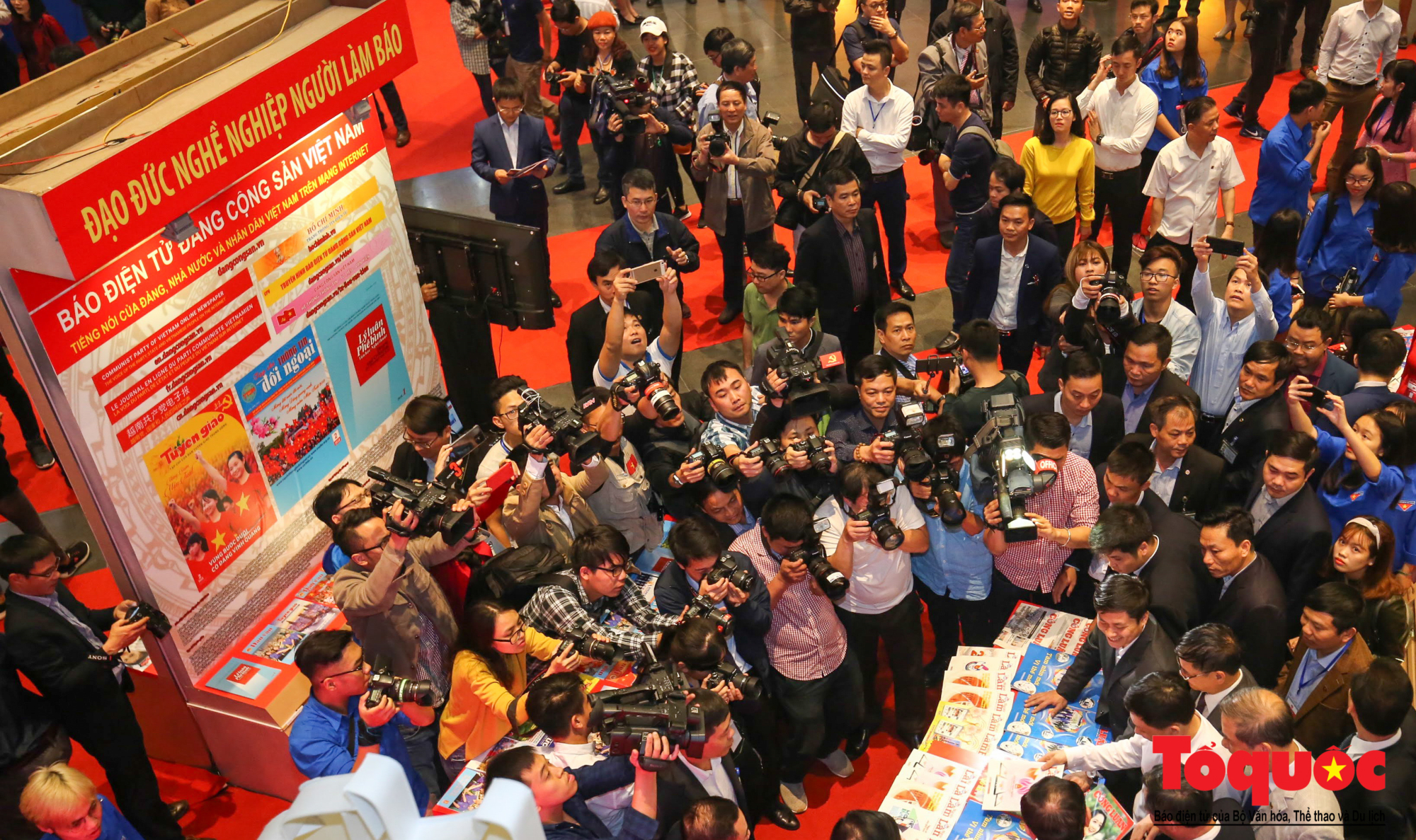
Reporters at work. Photo: TL
2. In the current challenging context, is it difficult to do that? In the context of having to both regain public trust and force ourselves to innovate in the face of a fierce information competition environment... to keep up and develop. Maintaining professional ethics but also having to integrate into the flow of digital transformation, improving professionalism and modernity. Faced with the strong development of information technology and new applications, the rise of social media and social platform providers... the press is facing the fear of losing readers and the public.
In addition, the shortcomings and limitations of the press, especially the degradation of press ethics such as the “red card”, are partly hindering the public’s trust in the press today. Therefore, the press must continue to innovate itself, truly becoming an accurate, timely information channel with greater power, influence and responsibility in society. Every journalist must “deeply realize that journalism is a revolution, and that journalists are pioneers on the ideological and cultural front of the Party” as Uncle Ho always expected.
In that spirit, President Vo Van Thuong also requested the revolutionary press team: “Every journalist must have a strong political stance, enthusiasm and a calm attitude towards all issues; must have a pure heart, respect the truth, high social responsibility, not let negativity dominate, not let personal feelings overwhelm, losing the objectivity and honesty of each journalistic work. No matter how science and technology develop and facilitate journalists' work, it cannot replace the heart, mind, will, courage and humanity of journalists.
At the same time, resolutely and promptly rectify and overcome the situation of reflecting information that lacks objectivity and honesty; the moral degradation of a number of journalists, along with errors in political ideology and history in publications, affecting trust, causing anxiety and skepticism about the team of journalists..." .
3. Currently, most leaders of press agencies have identified digital transformation as the path that the press needs to take, even quickly and decisively, to survive and develop. However, as the press moves more and more rapidly into the digital age, it also raises many issues of professional ethics. When talking about press ethics, journalist Nguyen Huu Phung Nguyen (Nhan Dan Newspaper) thought of the saying "Intelligence is a gift, but kindness is a choice" .
It seems that, for journalists today, adhering to professional ethics is also a choice and often a difficult choice. Journalists are forced to choose between seeking objective truth for their articles or choosing a careless, careless way of working without verifying information? Do journalists choose to report sensational, vulgar, and clickbait news or choose humanity, promoting truth, goodness, and beauty in their works? Choose to commit to fighting for justice and fairness despite difficulties or choose to do "salon" journalism, following the crowd and "fighting" according to "orders" ? Those choices form the ethics of journalists...
Journalist Phung Nguyen said: “In a healthy press, an ethical and humane press, there will be “attractive forces” for journalists to choose kindness. That “attractive force” does not come naturally, but is the resonance of many factors. When kindness and professional ethics become a natural choice, then journalism returns to its core values, making a great contribution to society.”
Returning to the core values of journalism also requires the resonance of many factors and solutions, in which the issue of journalism mechanism and economics is very important. Therefore, press agencies need to ensure journalists about salary policies, royalties, insurance, business trip allowances, rewards, etc. so that reporters and collaborators can ensure their lives.
There should be a policy mechanism to facilitate journalistic activities, reward and honor journalists who dedicate themselves to the community. Journalism today has many pressures as well as many temptations. For violators, they will find ways to pressure, bribe or use many measures and tricks to avoid being reported by the press, so it is necessary to strictly handle acts that obstruct journalistic activities, threaten, intimidate or bribe journalists...
In addition, the exemplary role of the leader is also very important in the problem of returning to the core values of journalism today. Vice President of the Vietnam Journalists Association Tran Trong Dung said: “The editor-in-chief is a very special profession, the head of a press agency. Therefore, to require a newspaper to have journalistic ethics, the first thing that requires the editor-in-chief is not only political courage and extensive professional qualifications, the ability to manage and operate, but also a person with moral character, or simply put, a “decent” person. In particular, in the condition of having to be financially independent, the newspaper must strive to carry out journalistic economic activities to have resources to support the apparatus and develop the newspaper. Therefore, the editor-in-chief must express a clear, non-profit viewpoint in the spirit of putting the interests of the community above the interests of the newspaper and the interests of the newspaper above personal interests…” .
In any period, “journalism for the revolution, for the Party, for the people” is both the goal, the condition, and the ethical standard in journalism activities. And to do that, journalism has no other way but to return to the core values of journalism, there is no higher goal than serving the Fatherland and serving the people.
Every journalist must always keep in mind what veteran journalist Phan Quang once shared: "An ethical journalist is someone who has enough courage to overcome the corruption of the dark side of society, maintain his or her heart, focus on the interests of the country, and take the interests of the country as the focus."
Van Ha
Source


![[Photo] "Beauties" participate in the parade rehearsal at Bien Hoa airport](https://vstatic.vietnam.vn/vietnam/resource/IMAGE/2025/4/11/155502af3384431e918de0e2e585d13a)




![[Photo] Looking back at the impressive moments of the Vietnamese rescue team in Myanmar](https://vstatic.vietnam.vn/vietnam/resource/IMAGE/2025/4/11/5623ca902a934e19b604c718265249d0)
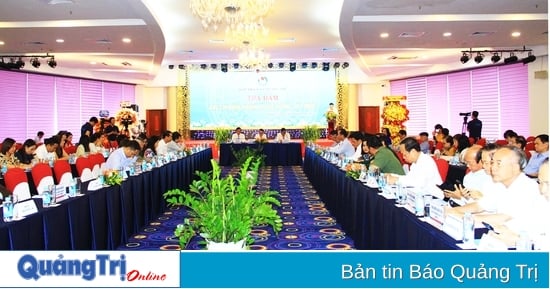

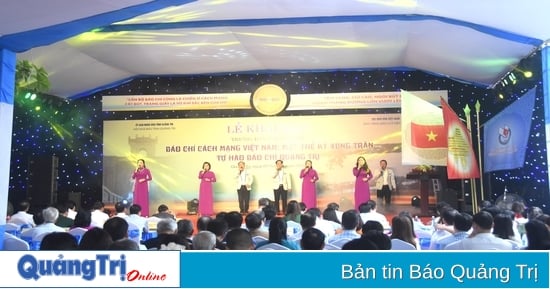

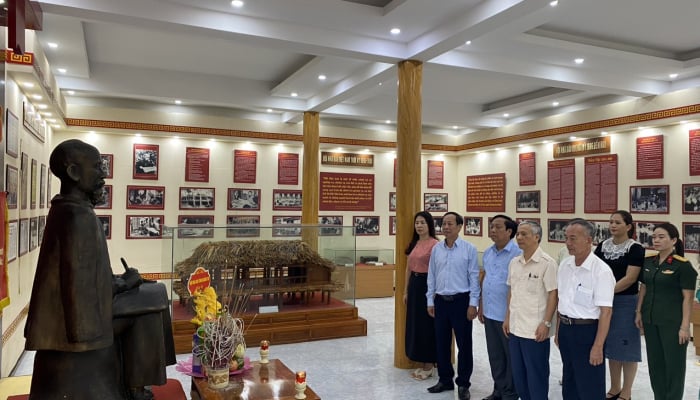
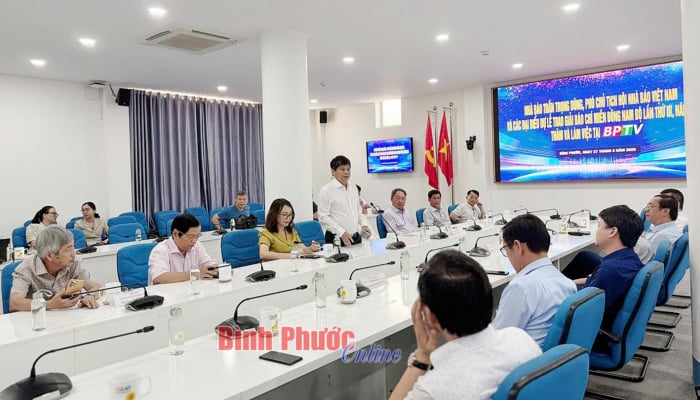
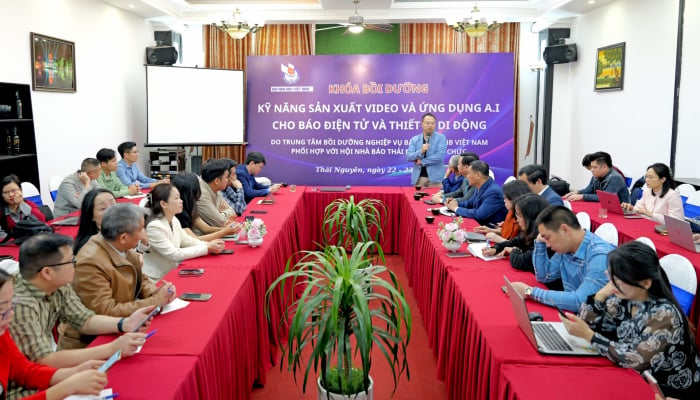
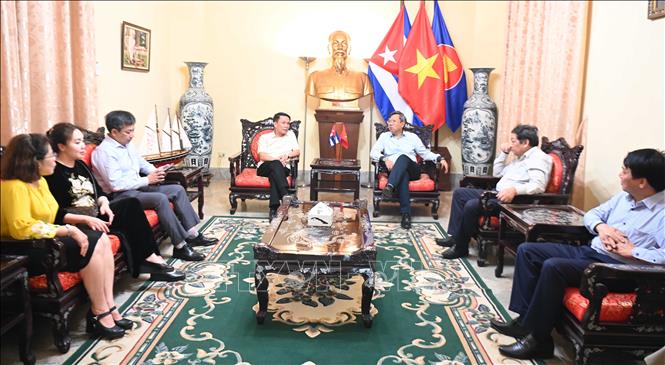
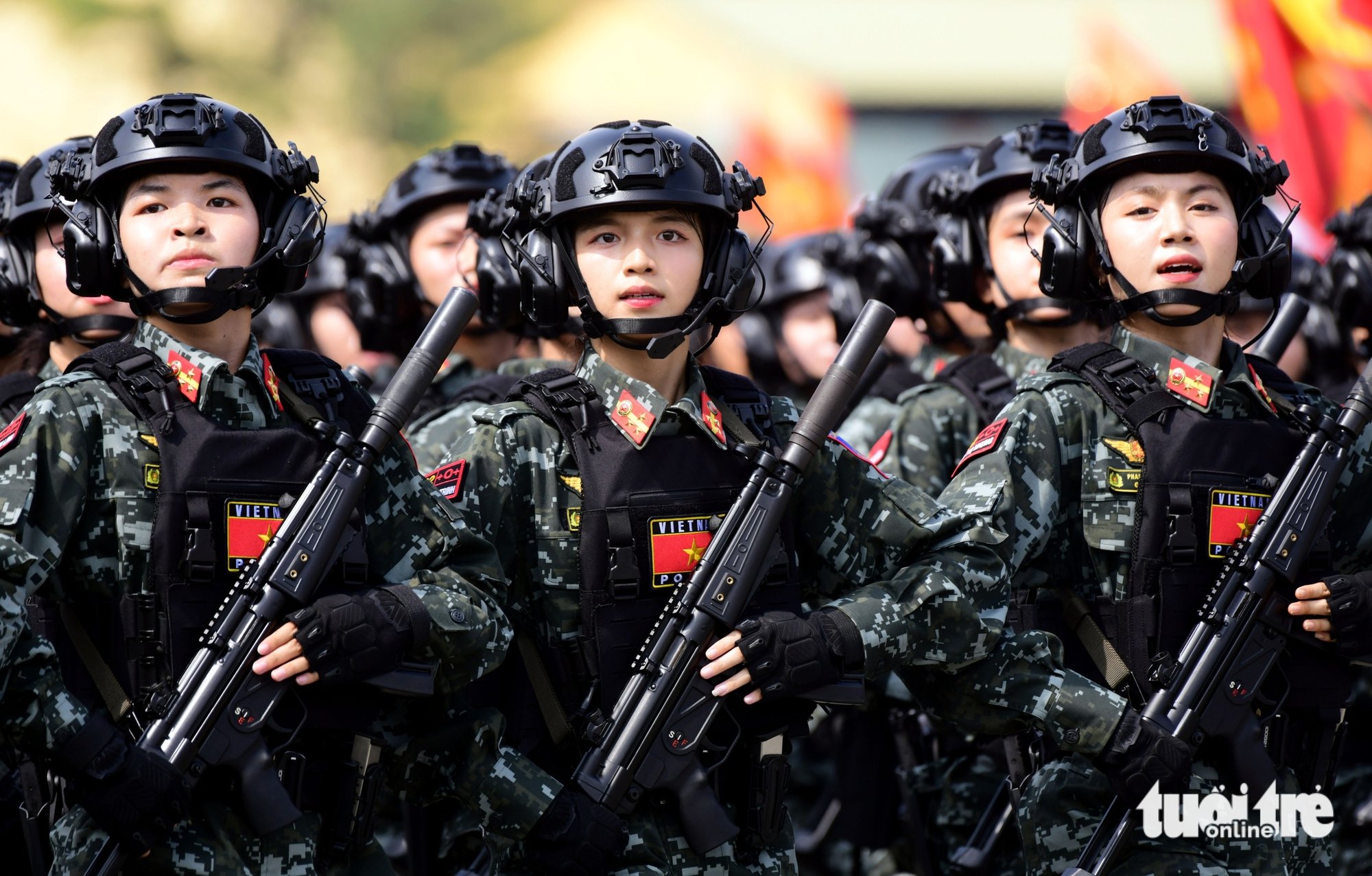


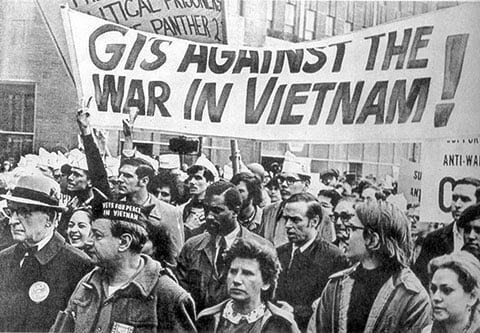
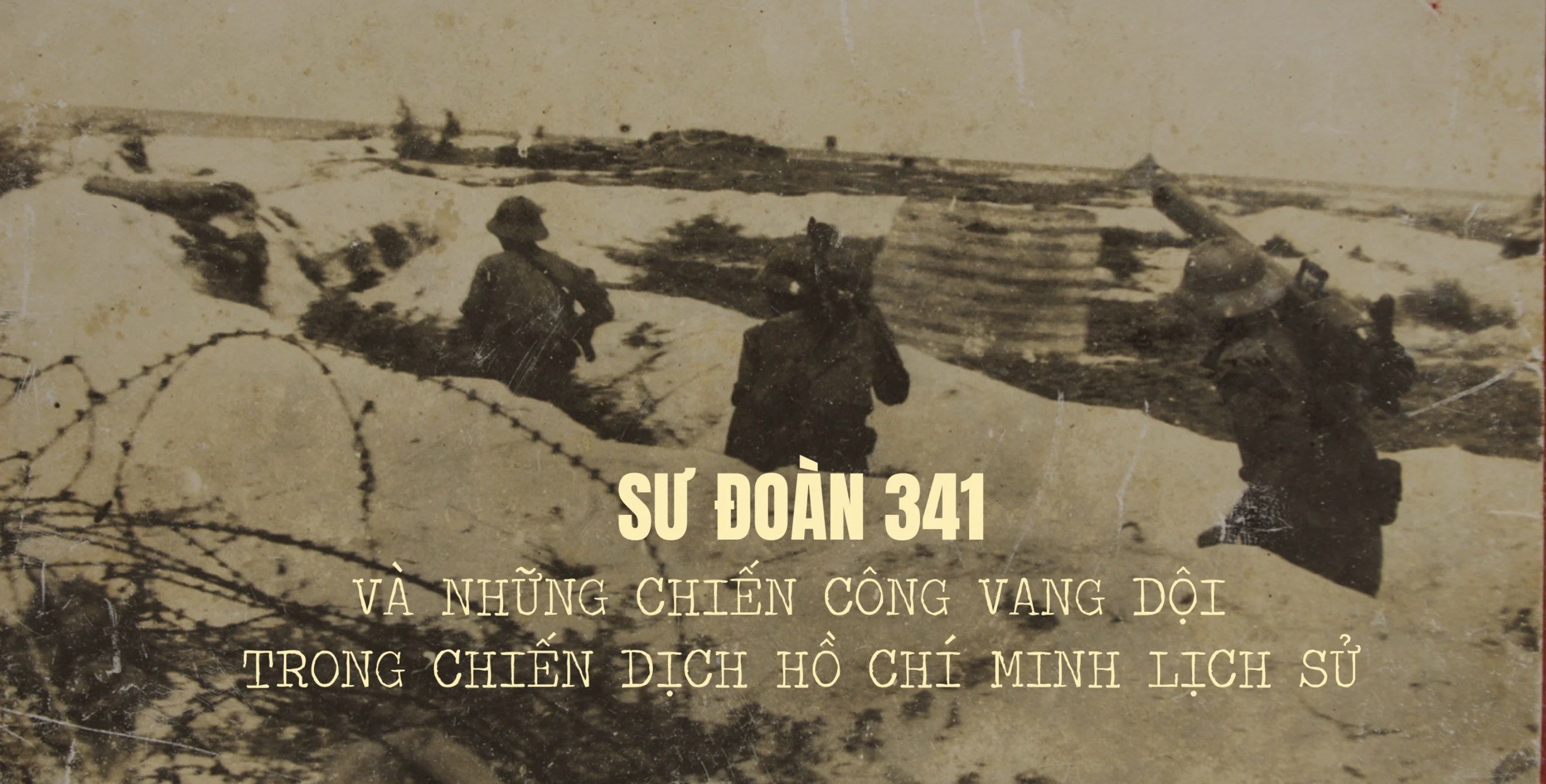
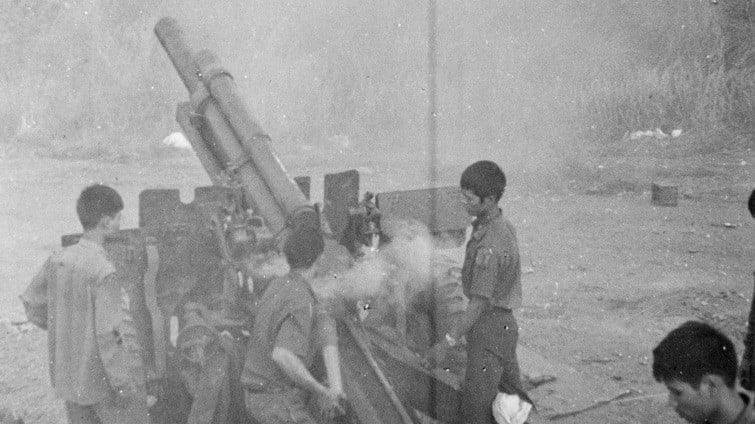








![[Photo] Summary of parade practice in preparation for the April 30th celebration](https://vstatic.vietnam.vn/vietnam/resource/IMAGE/2025/4/11/78cfee0f2cc045b387ff1a4362b5950f)









































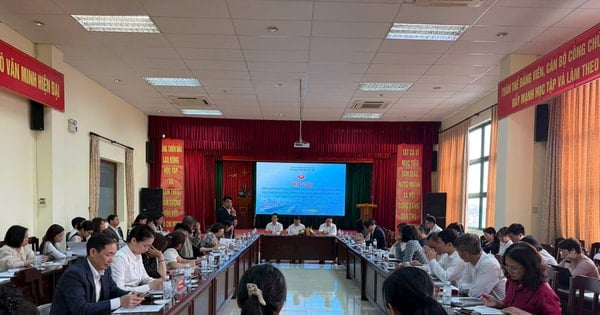

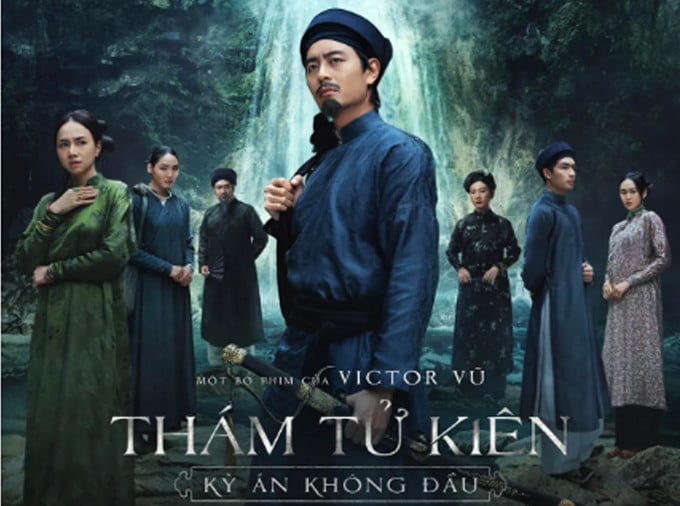


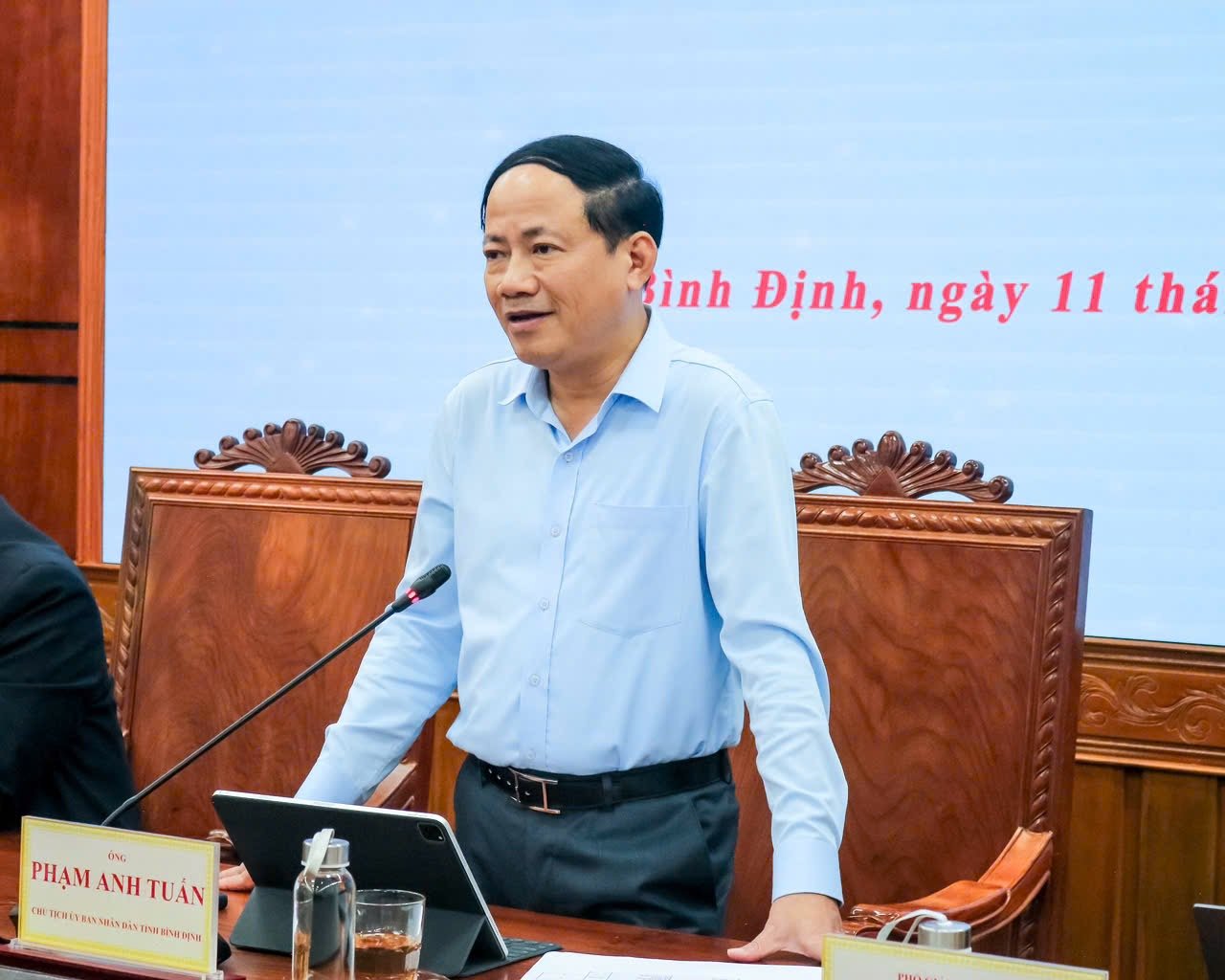


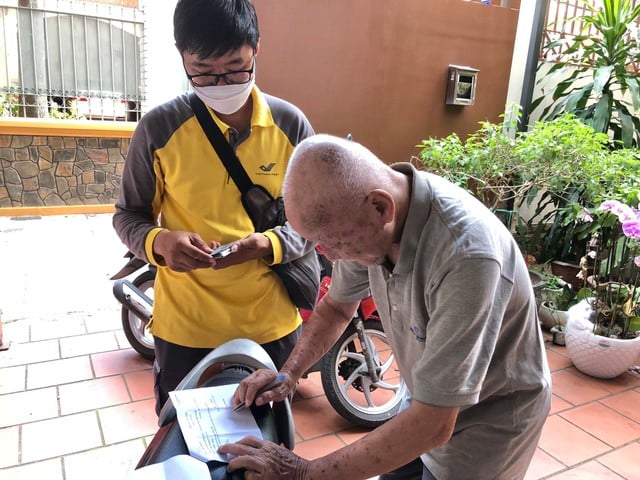









Comment (0)